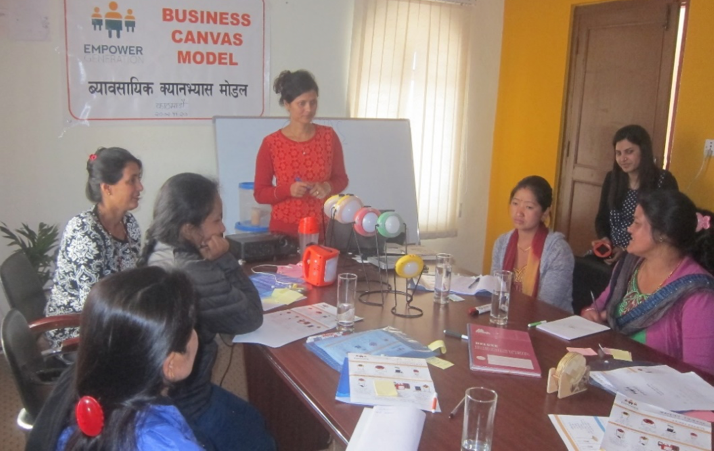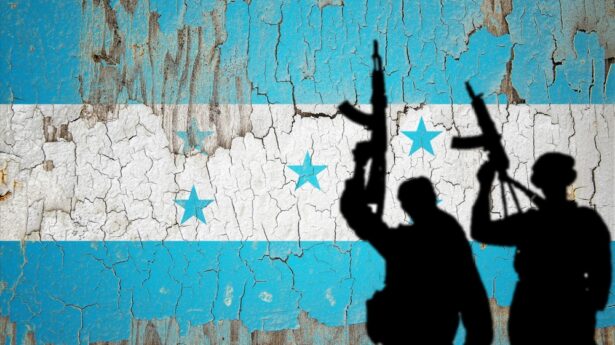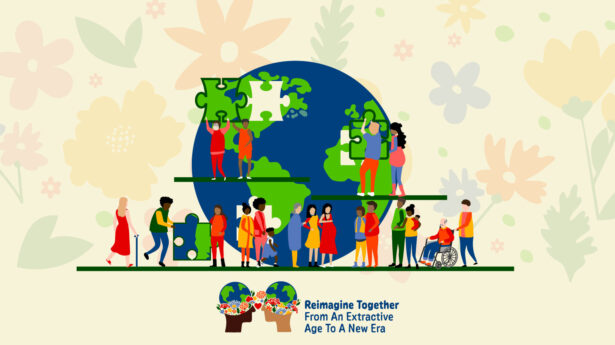The Unitarian Universalist Service Committee advances human rights through grassroots collaborations.
One Year Later: Empowering Nepali Communities to Rebuild

April 25, 2016
One year ago, on April 25, a major earthquake devastated parts of Nepal, killing thousands of people, injuring tens of thousands, and destroying hundreds of thousands of homes. Over the past year, many rebuilding efforts have been hindered by poor governance and political instability. While the earthquake has faded from the news and from the memories of many outside of Nepal, UUSC has been continuously dedicated to empowering vulnerable people and protecting their rights as they rebuild their homes and lives.
The impact of the earthquake
By the numbers:
- 7.8 magnitude earthquake, with a massive 7.3 magnitude aftershock
- Nearly 9,000 people killed, and more than 25,000 people injured
- 900,000 homes destroyed
- 6.75 million Nepalis affected
- Over $400,000 raised by UUSC and the Unitarian Universalist Association to support relief efforts
The aftermath of this earthquake — now, even a year later — is about more than numbers; it’s about lives. It’s about people. With entire villages flattened, survivors were left without homes, without livelihoods, without the essentials.
Sadhana Shrestha, the executive director of Tewa – a women’s fund in Nepal and UUSC’s partner in delivering aid to displaced women in remote villages – wrote to us just after the major aftershock. “Half an hour away from the village, we felt the tremor, and suddenly we saw dusts of houses collapsing, sending villagers out into the road. . . . [The women] had nothing, and the houses that were cracked in the earlier quake had fallen due to the one just a half hour before. Our hearts were in our mouths, but seeing the faces of resilient women smiling in spite of all odds, saying they would buy tin sheets using the money we gave so they could have roofs over their heads — we were amazed!”
In natural disasters, resilience without resources is unsustainable. UUSC has been at work in Nepal since the day after the earthquake, engaging with on-the-ground partners to deliver resources and support to the people who need it most.
UUSC’s approach
In responding to the earthquake, UUSC’s plan reflected its overall approach to disasters: we asked who’s most likely to be overlooked or ignored, who’s doing the most innovative work to empower these marginalized people, and how can we help? In Nepal, this meant focusing on women, girls, children, Dalits, and indigenous peoples. UUSC’s approach also means supporting community leaders as they develop long-term, sustainable solutions to the challenges of rebuilding.
UUSC’s goals in supporting the relief and rebuilding processes include:
- Protecting the rights of women and girls and empowering female leaders
- Ensuring women’s immediate access to disaster relief and health services
- Supporting the livelihoods of women, especially single women and Dalits
- Safeguarding educational opportunities for marginalized children
- Building local capacity for individual trauma recovery and community resiliency
- Defending indigenous rights threated by accelerated development projects
Partners
The only way to effectively achieve these goals is to work with partners on the ground. It is the survivors who know the situation — who live the situation — and who are best equipped to guide the direction of rebuilding efforts. UUSC continues to work with several partners to achieve common goals through the following efforts:
- Tewa: Provide pre- and postnatal care, food, clothing, and shelter to pregnant women, women in labor, and nursing mothers who were displaced; send volunteers to earthquake-affected districts to work with mothers’ groups, community groups, children, and teachers on issues related to human rights, income generation, and gender sensitivity; advocate on behalf of earthquake survivors.
- Rural Health and Education Service Trust (RHEST): Distribute information on nutrition and reproductive health to adolescent girls; train community health workers about reproductive health.
- Women for Human Rights Single Women Group (WHR): Develop and implement district-level responses to gender-based violence; collect data for policy advocacy; and establish a referral and safety net for survivors of gender-based violence.
- Empower Generation: Distribute much-needed solar lights and mobile charging to displaced people; and create income-generating opportunities for Dalit women to become entrepreneurs and solar power sales agents.
- Chetana: Set up temporary classrooms and provide midday meals for displaced students in areas with large populations of marginalized people; train teachers, other school officials, health workers, and others in trauma resiliency skills; help students overcome stress and trauma.
- Trauma Resource Institute (TRI): Build long-term capacity for trauma recovery and resiliency in diverse communities by training frontline service providers and community leaders (including Chetana) to deliver trauma resiliency skills to earthquake survivors.
- Lawyer’s Association for Human Rights of Nepalese Indigenous Peoples (LAHURNIP): Engage indigenous people affected by accelerated investment in hydropower following the earthquake to understand and advocate for their rights.
(Solar) Spotlight: Empower Generation
In their own words, “Empower Generation provides women in Nepal with technical training and support to establish and grow clean energy businesses. The clean energy products are affordable, durable, and designed to deliver a life-changing opportunity to energy-poor communities. We envision a world where women lead the clean energy revolution, reducing deforestation and the use of fossil fuels.” Touching on so many areas of UUSC’s work, they were a natural partner in the wake of the earthquake. And they still are today.
For its project with UUSC, Empower Generation focused on Dalit women, who are historically part of the lowest caste in Nepal. Even though Nepali laws have changed to promote equality among the castes, Dalits still face enormous social stigma and ensuing challenges. Empower Generation reports that 90% of Dalit women in Nepal live in poverty, and 80% are illiterate.
The Dalit Women-Led Solar Distribution Enterprise Project was implemented in the Gorkha district of Nepal and began with a pre-enterprise sales and marketing training for 30 participants. These women learned the benefits of solar lighting, and how to sell them to people in their communities. Danu Ale and Gita Pariyar, two sales agents who showed promising leadership and sales skills, then attended an additional business training in Kathmandu to learn everything they needed to start their own businesses, including market assessments and work plans. They also received start-up inventory loans and began the process of registering their businesses.
Pariyar reflected on the experience and talked about what the future holds: “This training is beyond my expectation. I believe that it will change my approach to life and help me lead a respectful life as a woman entrepreneur.” The UUSC – Empower Generation partnership will continue to support Ale and Pariyar as they launch their businesses, grow their village-level sales force, and, as Empower Generation puts it, “power their communities with clean, safe, affordable energy.”

